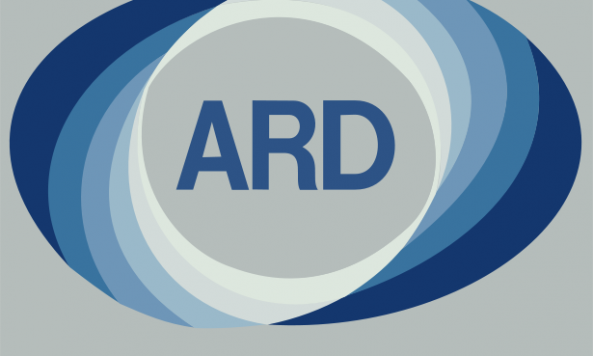In Germany, the television network ARD makes advanced drug testing a precondition for any boxer appearing on its network. That's an answer to the problem of performance enhancing drugs that some fans and writers have embraced in the United States, as a variety of boxers have tested positive for banned substances in 2012.
But, for now, neither HBO nor Showtime — the two biggest boxing broadcasters in the U.S., and therefore two of the sport's biggest financial powerhouses — have any plans to make such drug testing mandatory for boxers gracing their airwaves, officials with both networks said.
An HBO official speaking on condition of anonymity said this week: "HBO is just like CBS or FOX in regards to the NFL — they are just the network that is televising and they don't have any intent to get in the middle of the PED problem."
The executive vice president and general manager of Showtime Sports, Stephen Espinoza, said Friday that the network was not currently considering any mandatory testing, and instead emphasized the need for multiple parties to come together and work on the issue.
"The whole thing is there really can't be a piecemeal attempt to address this. We saw a little bit of it with the Erik Morales situation," Espinoza said, referring to the fact that Morales tested positive several times for a banned substance in advance of his October bout, leading to a series of crisscrossed stories about who knew what when. "If everyone's not in sync with the same plan, you have the [state athletic] commission that treats it one way, the private testing organization treat another way. There have been multiple situations this year where there have been promoters and testing organizations" that have been on different pages, Espinoza said.
Espinoza acknowledged that the networks could take a leadership role and that "may be a positive step. The most critical part, the biggest area where there's dysfunction, is the interaction between private testing organizations and commissions," he said. "There are two completely separate processes that don't relate to each other. You can have someone test positive under a private structure but still is allowed to go forward under a commission because the commission testing is different. That's the greatest inconsistency."
Both networks have suffered the sting of fights canceled due to failed drug tests this year. HBO had to scramble to replace Lamont Peterson-Amir Khan II when Peterson tested positive for a banned substance, and Showtime had to replace Victor Ortiz-Andre Berto II when Berto did the same. Despite the disruption such positive tests cause, Espinoza said he was troubled by the PED issue.
"I am concerned, to tell you the truth," he said. "It's a fighter safety issue. It's a safety issue unlike any major sport other than MMA. I understand why it sort of caught on very quickly. It's going to take locking a lot of people locked into a room together working together" to fix, Espinoza said.
Mark Ortega contributed to this story.

